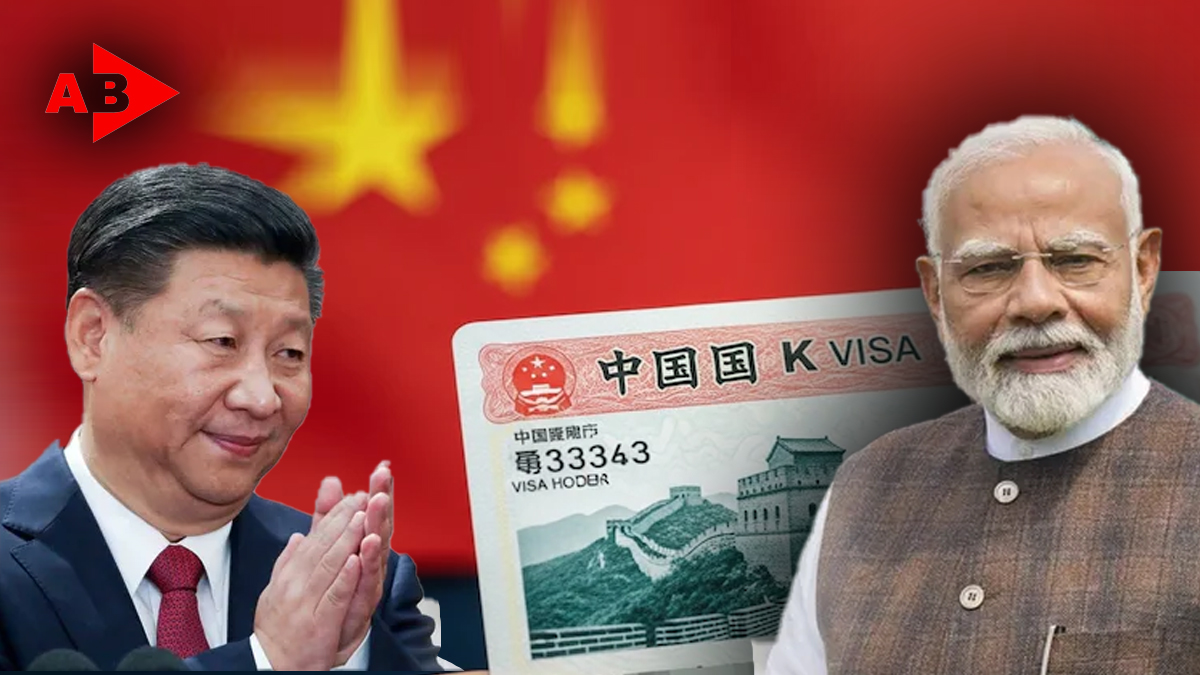
With Voting Just Days Away, the Home Ministry’s Approval for Legal Action Casts a Shadow Over Kejriwal’s Campaign
AB News, New Delhi: As the countdown to the Delhi Assembly elections continues, Chief Minister Arvind Kejriwal is facing a significant crisis. Just days before voters head to the polls on February 5, the Home Ministry has granted the Enforcement Directorate (ED) permission to prosecute him in a high-profile liquor scam case, elevating tensions in the already heated political atmosphere.
The ruling, which comes as Kejriwal rallies support for his party, Aam Aadmi Party (AAP), brings to light the ongoing investigation into alleged money laundering connected to the Delhi liquor sale policy. The approval from the Home Ministry allows the ED to move forward with legal proceedings under the Prevention of Money Laundering Act (PMLA), which could pose serious ramifications for Kejriwal’s quest for a third consecutive term.
According to reports, this decision follows a previous charge sheet filed against Kejriwal by the Central Bureau of Investigation (CBI) under the Prevention of Corruption Act, approved in August. Allegations include claims that the AAP received kickbacks from a group known as the ‘South Group,’ which purportedly controlled liquor sales and distributions in the national capital.
Kejriwal has already taken legal action, challenging the initial charge sheet in the Delhi High Court. He argued that the trial court had acted prematurely by acknowledging the charge sheet without the necessary authorization required under PMLA guidelines. His claims were bolstered by a November ruling from the Supreme Court, emphasizing that any prosecution under the PMLA requires explicit consent from the appropriate authorities.
In light of this, the ED has been prompted to approach the Home Ministry for the requisite clearance, which could escalate the legal battles ahead of the elections. Kejriwal’s position is further complicated by the prospect of the ED filing a review petition against the Supreme Court’s November ruling, creating an unpredictable legal landscape that may influence voter sentiment as the elections draw closer.
This political crisis arrives at a crucial juncture for Kejriwal, who is actively campaigning for support while grappling with mounting legal troubles. With former allies and opposition parties closely scrutinizing the situation, Kejriwal’s leadership and the AAP’s electoral prospects are now under the microscope.
As Delhi prepares for the voting day, the implications of these developments are profound. Whether this scandal will sway public opinion remains uncertain, but the outcome on February 8 will undoubtedly impact the future of both Kejriwal and the AAP in the political fabric of Delhi.


